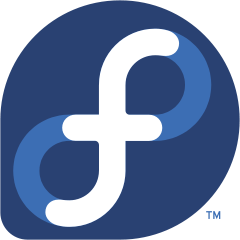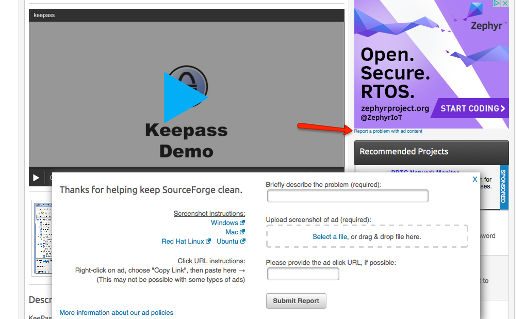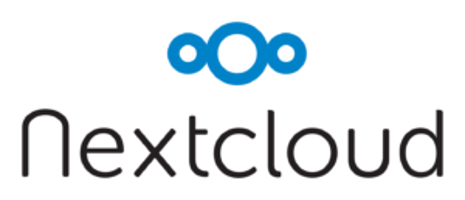Sometimes applications have capabilities that go beyond their primary use. Our contributing video editor found this excellent video tutorial on editing videos in Blender, an app that’s primarily used for creating animated films.
The Video Screening Room
Blender is well-known for its 3D animation features, but did you know it also contains a very fine video editor? This explanatory screencast shares a lot of tips and tricks. I especially enjoyed when the screencaster made mistakes and then explained them. That can add a lot of value to a screencast. In fact, I’d pay good money for mistakes.
For the past 10 years, Phil has been working at a public library in the Washington D.C.-area, helping youth and adults use the 28 public Linux stations the library offers seven days a week. He also writes for MAKE magazine, Opensource.com and TechSoup Libraries. Suggest videos by contacting Phil on Twitter or at pshapiro@his.com.




 Let’s forget for a minute that I have plenty of reasons for seeing Redmond as a continuing threat to free tech. Let’s forget the patent issues the company still uses as a threat, as well as the fact that all of its contributions to open source are to support Azure and Windows, the latter of which remains proprietary and definitely not free software. Let’s also forget that this love of Linux was announced when Microsoft began betting on the cloud, where embracing Linux became necessary for survival. Can you imagine a Windows only cloud service? Neither can I.
Let’s forget for a minute that I have plenty of reasons for seeing Redmond as a continuing threat to free tech. Let’s forget the patent issues the company still uses as a threat, as well as the fact that all of its contributions to open source are to support Azure and Windows, the latter of which remains proprietary and definitely not free software. Let’s also forget that this love of Linux was announced when Microsoft began betting on the cloud, where embracing Linux became necessary for survival. Can you imagine a Windows only cloud service? Neither can I.




